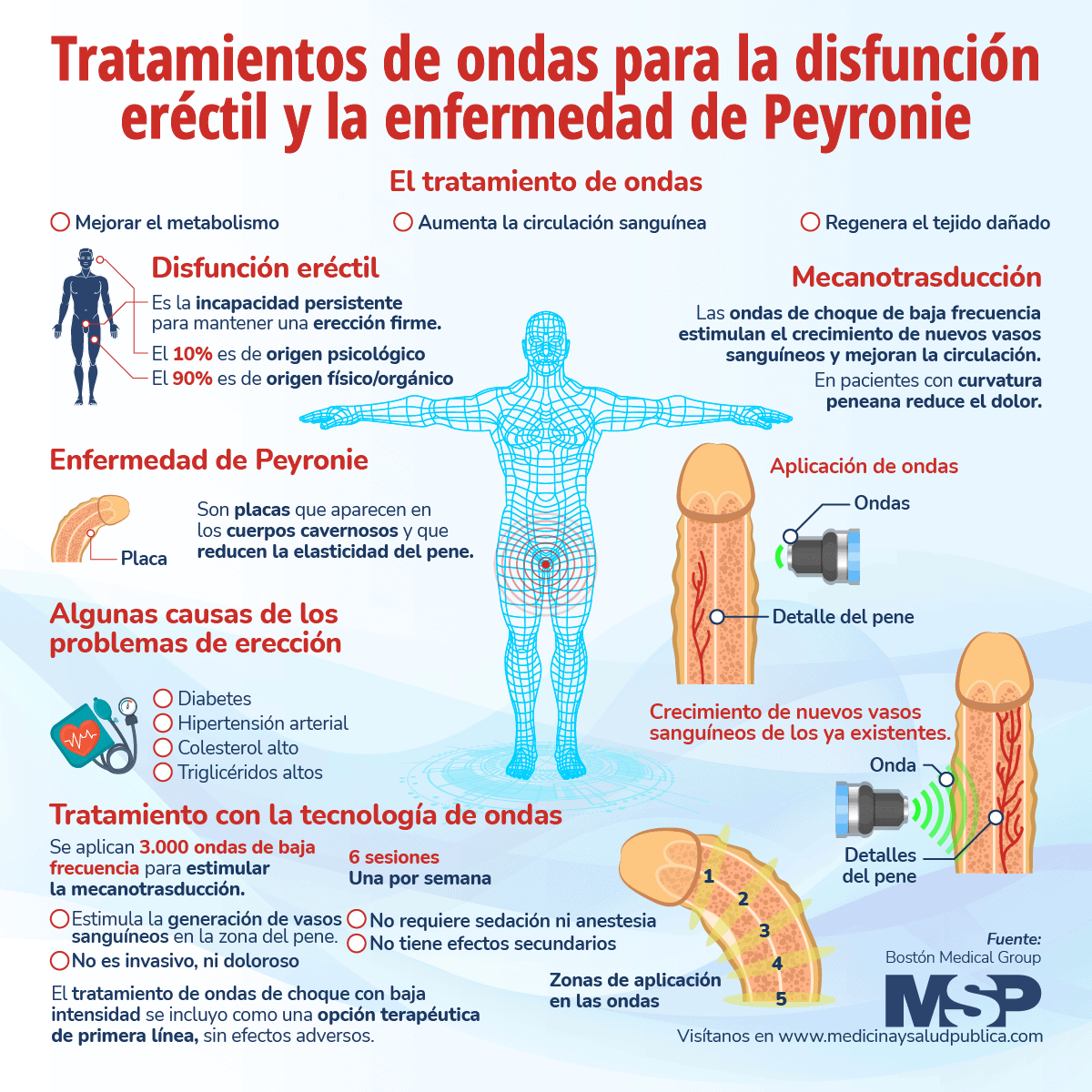Book Appointment Now
Diagnóstico Temprano De La Disfunción Eréctil: Clave Para El éxito

[Diagnóstico Temprano De La Disfunción Eréctil: Clave Para El Éxito]

Executive Summary

This comprehensive guide explores the crucial role of early diagnosis in successfully managing erectile dysfunction (ED). We’ll delve into the symptoms, risk factors, and diagnostic methods, empowering men to take proactive steps towards regaining their sexual health and confidence. Understanding the nuances of ED, including its psychological and physical dimensions, is key to effective treatment and a positive outcome. This article aims to be your definitive resource, providing actionable insights and encouraging open communication with healthcare professionals. Early intervention is not just beneficial; it’s essential for a successful journey back to fulfilling sexual intimacy.

Introduction
Erectile dysfunction (ED), the inability to achieve or maintain an erection firm enough for satisfactory sexual intercourse, affects millions of men worldwide. While often perceived as a solely physical ailment, ED can stem from a complex interplay of physical and psychological factors. Early diagnosis is paramount in determining the underlying cause and initiating appropriate treatment. Delaying intervention can lead to worsening symptoms and increased emotional distress. This article aims to equip you with the knowledge and understanding necessary to recognize the signs, seek professional help, and confidently navigate the path towards regaining sexual health.
¿Qué es la Disfunción Eréctil?
This section defines erectile dysfunction, clarifying its multifaceted nature. It also addresses common misconceptions and stigmatization surrounding ED, promoting open discussion and destigmatization.
- Defining ED: ED is characterized by the consistent inability to achieve or maintain an erection sufficient for satisfactory sexual activity. It’s a spectrum, ranging from occasional difficulty to complete inability.
- Physical Causes: These include cardiovascular disease, diabetes, neurological conditions, hormonal imbalances, and side effects of certain medications. Understanding these connections is crucial for targeted treatment.
- Psychological Causes: Stress, anxiety, depression, and relationship problems significantly contribute to ED. Addressing these underlying emotional issues is frequently part of a comprehensive treatment plan.
- Impact on Relationships: ED can severely strain relationships, causing emotional distress for both partners. Open communication and mutual support are essential for navigating these challenges.
- Misconceptions and Stigma: Many men avoid seeking help due to shame or embarrassment. Overcoming this stigma is crucial to promoting timely diagnosis and effective management.
- Importance of Early Intervention: Early diagnosis allows for prompt treatment, preventing the potential for long-term complications and emotional distress.
Factores de Riesgo de la Disfunción Eréctil
This section identifies key risk factors associated with ED, helping men assess their individual risk and take preventive measures.
- Age: The risk of ED significantly increases with age, due to natural physiological changes.
- Cardiovascular Disease: Conditions like high blood pressure, high cholesterol, and heart disease are strongly linked to ED. Addressing cardiovascular health often improves erectile function.
- Diabetes: Diabetes damages blood vessels and nerves, significantly increasing the risk of ED. Strict blood sugar control is vital.
- Obesity: Excess weight contributes to various health problems, including ED, through hormonal imbalances and vascular damage.
- Smoking: Smoking constricts blood vessels, impairing blood flow to the penis. Quitting smoking is crucial for improved erectile function.
- Lifestyle Factors: Poor diet, lack of exercise, and excessive alcohol consumption can negatively impact overall health and increase the risk of ED.
Métodos de Diagnóstico de la Disfunción Eréctil
This section details the diagnostic methods used to identify the underlying cause of ED, emphasizing the importance of a thorough evaluation.
- Medical History and Physical Examination: A comprehensive review of medical history, including medications, lifestyle habits, and past medical conditions, forms the foundation of diagnosis. A physical exam assesses overall health.
- Blood Tests: Blood tests check for hormonal imbalances, diabetes, and other potential contributing factors.
- Nocturnal Penile Tumescence (NPT) Testing: This test monitors erections during sleep to differentiate between psychological and physical causes.
- Doppler Ultrasound: This imaging technique assesses blood flow to the penis, helping identify vascular issues.
- Neurological Examination: This helps rule out neurological conditions that may be contributing to ED.
- Psychological Evaluation: A psychological evaluation may be necessary to assess the role of anxiety, depression, or relationship problems.
Opciones de Tratamiento Para la Disfunción Eréctil
This section provides an overview of various treatment options available for ED, highlighting the importance of individualized care.
- Lifestyle Modifications: Addressing risk factors such as obesity, smoking, and poor diet is often the first step in managing ED. Regular exercise, a healthy diet, and stress management techniques are crucial.
- Oral Medications: PDE5 inhibitors (like sildenafil, tadalafil, vardenafil) are commonly prescribed to improve blood flow to the penis.
- Injections: Intracavernosal injections directly into the penis can induce erections.
- Vacuum Erection Devices: These devices create a vacuum around the penis to draw blood into it, producing an erection.
- Penile Implants: These surgically implanted devices provide a permanent solution for men who don’t respond to other treatments.
- Counseling: Therapy can address psychological factors contributing to ED, such as anxiety, depression, and relationship issues.
La Importancia de la Comunicación Abierta con su Médico
Open communication with a healthcare professional is crucial for successful ED management. This section emphasizes the significance of discussing symptoms, concerns, and treatment preferences openly and honestly.
- Seeking Professional Help: Don’t hesitate to schedule an appointment with a doctor or urologist if you experience symptoms of ED.
- Open and Honest Communication: Share all relevant information, including your medical history, lifestyle, and concerns about ED.
- Understanding Treatment Options: Discuss different treatment options and their potential benefits and risks with your doctor.
- Realistic Expectations: Treatment may involve a trial-and-error process. Be patient and work closely with your doctor to find the best approach.
- Partner Involvement: If you’re in a relationship, involving your partner in discussions with your doctor can be beneficial.
- Long-Term Management: ED management often requires ongoing monitoring and adjustments to treatment plans.
Conclusion
Early diagnosis of erectile dysfunction is absolutely crucial for effective treatment and the preservation of sexual health and well-being. Delaying intervention can lead to unnecessary suffering and can complicate treatment. By understanding the various risk factors, diagnostic methods, and available treatments, men can proactively address ED and regain their sexual confidence. Open communication with healthcare professionals is paramount. Remember, seeking help is a sign of strength, not weakness. Taking control of your sexual health is an investment in your overall well-being and the quality of your life. Don’t hesitate to reach out for support and guidance – your journey back to fulfilling sexual intimacy begins with that first step.
FAQ
1. ¿Es la disfunción eréctil normal con la edad? While the risk of ED increases with age, it’s not a normal part of aging. Many older men maintain healthy erectile function. If you’re experiencing ED, it’s important to seek medical attention to determine the underlying cause and explore treatment options.
2. ¿Puede la disfunción eréctil ser causada por la ansiedad? Yes, anxiety and other psychological factors can significantly contribute to ED. Stress, performance anxiety, and relationship problems can all affect erectile function. Addressing these psychological issues is an important part of a comprehensive treatment plan.
3. ¿Cuáles son las opciones de tratamiento para la disfunción eréctil? Treatment options for ED vary depending on the underlying cause. They include lifestyle changes, oral medications, injections, vacuum erection devices, penile implants, and counseling. Your doctor will help you determine the best approach for your individual needs.
Keyword Tags
- Disfunción Eréctil
- Diagnóstico Temprano
- Tratamiento ED
- Factores de Riesgo ED
- Salud Sexual Masculina


